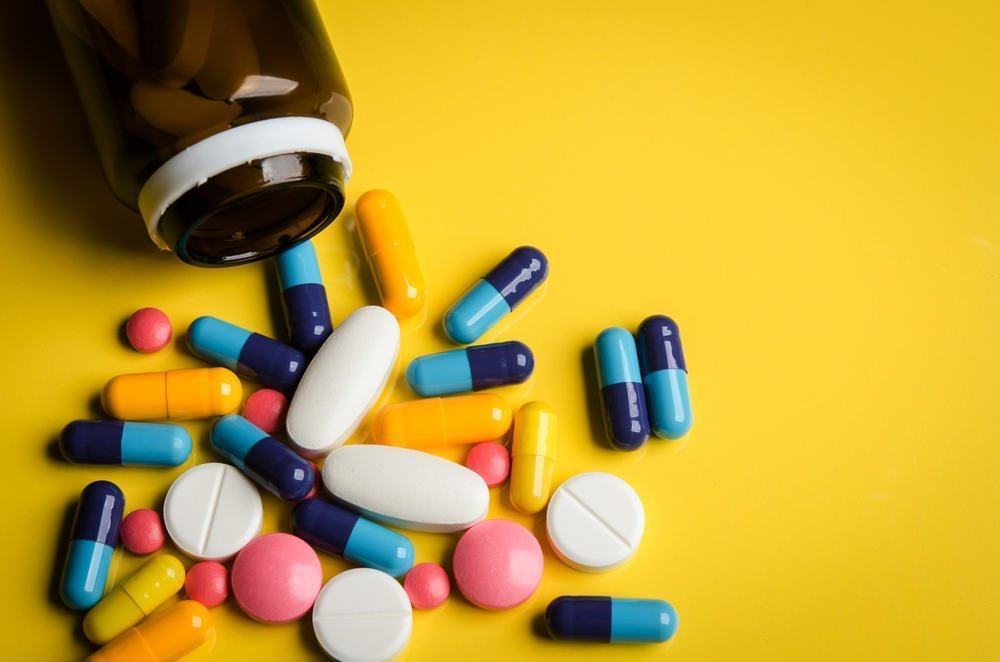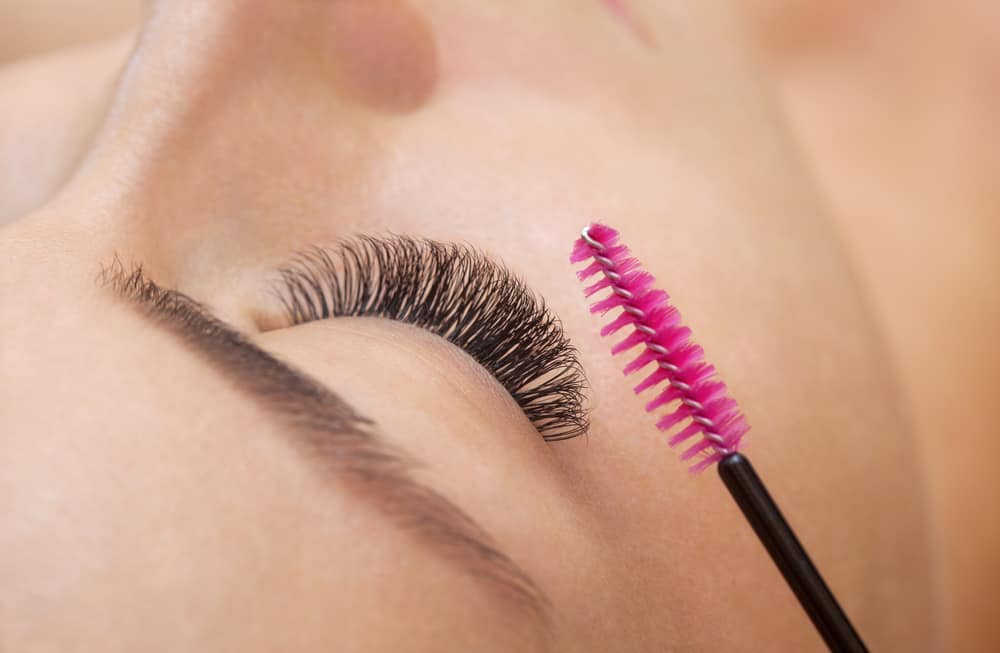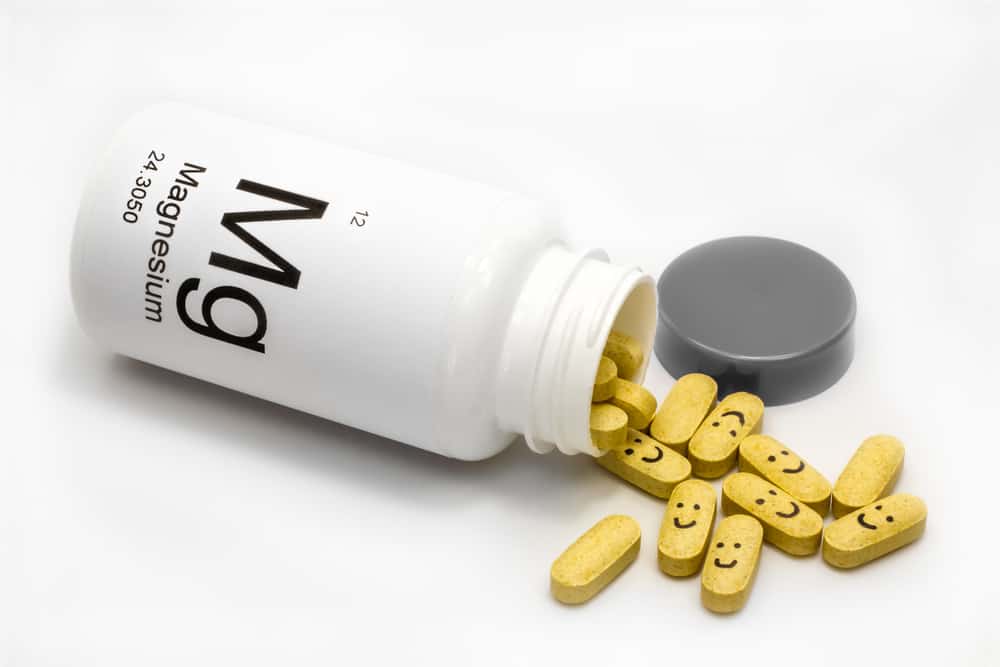Contents:
- Medical Video: Living with early stage kidney disease
- Iron
- Erythropoietin
- Red blood cell transfusion
- Vitamin B12 and folic acid supplements
Medical Video: Living with early stage kidney disease
Depending on the cause, the doctor treats anemia with one or more of the following treatments:
Iron
The first step in treating anemia is to increase iron levels. Iron pills can help increase iron levels and hemoglobin. However, for hemodialysis patients, many studies show pills do not work as well as those given intravenously.
Erythropoietin
If a blood test shows kidney disease as the most likely cause of anemia, treatment can include injections of genetic engineering from EPO. The nurse will inject the patient with subcutaneous EPO, or under the skin, as needed. Some patients learn how to inject EPO themselves. Hemodialysis patients can receive intravenous EPO during hemodialysis.
Research has shown the use of EPO increases the risk of cardiovascular disorders, such as heart attacks and strokes, in people with CKD. The health care provider will carefully review the patient's health history and determine whether EPO is the best treatment. Experts recommend using the lowest dose of EPO which will reduce the need for red blood cell transfusions. In addition, health care providers should consider the use of EPO only if the patient's hemoglobin level is below 10 g / dL. Health care providers may not use EPO to maintain a patient's hemoglobin level above 11.5 g / dL. Patients who receive EPO must have regular blood tests to monitor their hemoglobin so that health care providers can adjust EPO doses when the level is too high or too low. Doctors must discuss the benefits and risks of EPO with their patients.
Many people with kidney disease need to supplement iron and EPO to increase the number of red blood cells. In some people, iron supplements and EPO will improve symptoms of anemia.
Red blood cell transfusion
If the patient's hemoglobin falls too low, the doctor may suggest red blood cell transfusions. Transfusion of red blood cells into the patient's vein increases the percentage of the patient's blood consisting of red blood cells, increasing the amount of oxygen available to the body.
Vitamin B12 and folic acid supplements
Doctors may recommend vitamin B12 and folic acid supplements for some people with CKD and anemia. Using vitamin supplements can treat low levels of vitamin B12 or folic acid and help treat anemia. To help ensure coordinated and safe care, you should discuss the use of complementary and alternative medical practices, including the use of dietary supplements, with your doctor.
Diet, diet and nutrition
Doctors may advise people with kidney disease who have anemia caused by iron, vitamin B12, or lack of folic acid to include these sources of nutrients in their diet. Some of these foods are high in sodium or phosphorus, which should be restricted to diets for people with chronic kidney disease. Before making dietary changes, people with chronic kidney disease should talk to their doctor or with a nutritionist. A nutritionist can help make a list of healthy foods.
The following chart is some good food sources for iron, vitamin B12, and folic acid.
| Food | Presentation size | Iron | Vitamin B12 | Folic acid |
| Daily recommendation value | 18 mg | 6 mcg | 400 mcg | |
| 100 percent of breakfast cereal | ¾ cup (1 oz) | 18 mg | 6 mcg | 394 mcg |
| baked beans | 1 cup (8 oz) | 8 mg | 0 mcg | 37 mcg |
| beef | 3 oz | 2 mg | 2 mcg | 8 mcg |
| beef liver | 3 oz | 5 mg | 67 mcg | 211 mcg |
| scallops, fried | 4 oz | 3 mg | 1 mcg | 66 mcg |
| spinach, boiled | 1 cup (3 oz) | 2 mg | 0 mcg | 115 mcg |
| spinach, fresh | 1 cup (1 oz) | 1 mg | 0 mcg | 58 mcg |
| trout | 3 oz | 0 mg | 5 mcg | 16 mcg |
| tuna, can | 3 oz | 1 mg | 1 mcg | 2 mcg |












